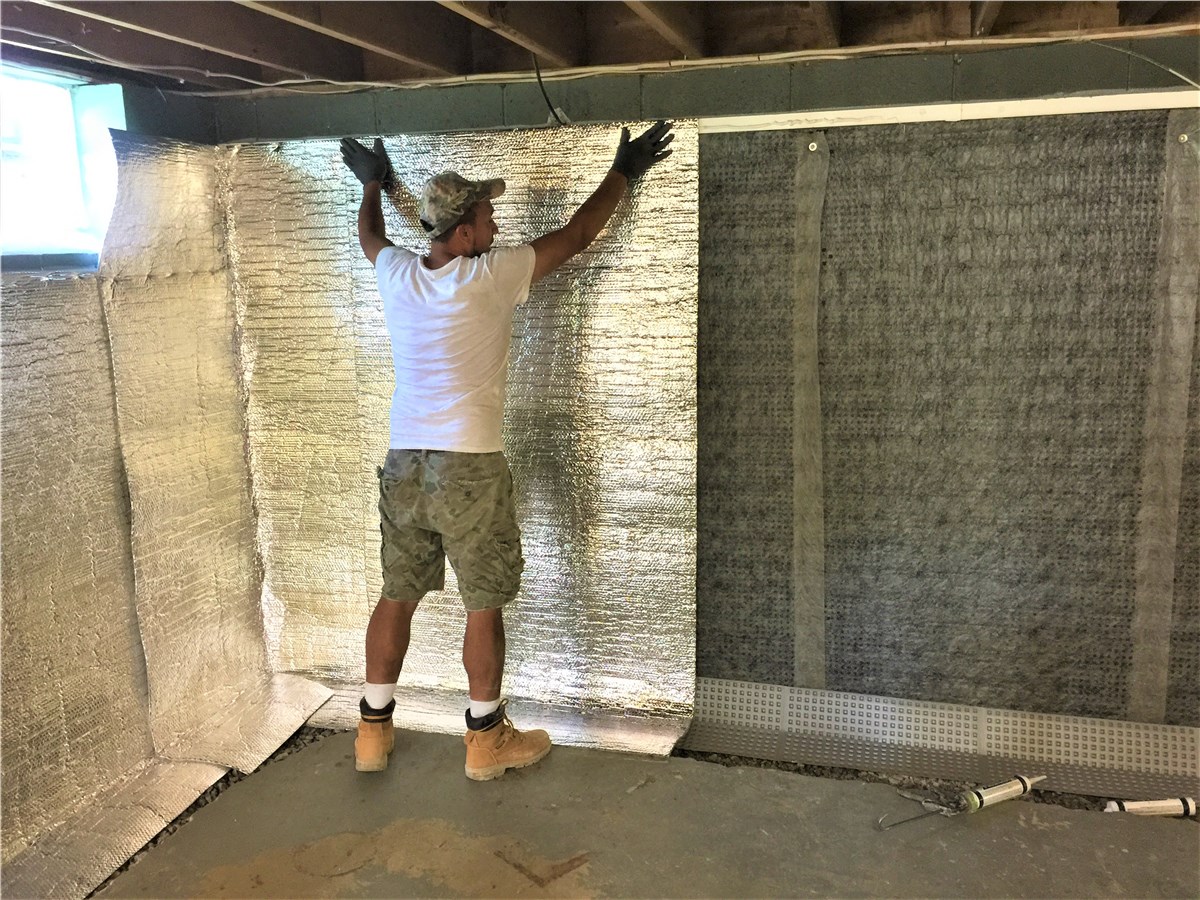Best Sealing Methods for House Owners

Sealing against water damage is an essential aspect of home maintenance that often gets overlooked until it's already too late. As a property owner, understanding the importance of waterproofing can save you from expensive fixes and extensive damage down the line. From securing your basement to ensuring the strength of your roof, efficient waterproofing techniques can protect your property against the damaging effects of water.
In this article, we will explore various waterproofing techniques that every homeowner should take into account. We will discuss why waterproofing is crucial, how it can save you thousands in repairs, and debunk common misconceptions surrounding the process. Whether you're handling moisture issues in your basement, gardens, or even outdoor structures like decks and pools, there are solutions available to create a dry and safe living environment. Get prepared to learn about the best practices, products, and expert advice that will help you keep your home safe from water damage.
Crucial Water Resistance Techniques
One of the most effective waterproofing techniques for property owners is basement waterproofing. This process includes using membranes and barriers to the foundation walls to prevent water intrusion. By addressing moisture issues at the foundation level, homeowners can avoid significant water damage and maintain the structural integrity of their homes. It is crucial to check the foundation frequently for cracks and other signs of potential leaks, ensuring that preventive measures are implemented in a timely manner.
A further important method is basement waterproofing, which includes both inside and exterior solutions. Interior waterproofing typically includes putting in sump pumps, drainage systems, and vapor barriers to control water that seeps into the basement. Exterior waterproofing, focuses on redirecting water away from the foundation through proper grading, gutters, and downspouts. Understanding the difference between these approaches allows homeowners to choose the appropriate strategy to safeguard their homes.
Roof waterproofing is also essential, as it defends one of the most at-risk areas of a house from leaks and water damage. Techniques include using waterproof membranes or coatings, confirming that seams are closed, and regularly maintaining drainage systems to prevent ponding water. By putting resources in proper roof waterproofing measures, homeowners can prolong the lifespan of their ceiling materials and avoid costly repairs caused by water infiltration.
Cost and Benefits of Waterproofing
Waterproofing can initially seem like a large outlay for homeowners, but comprehending its long-term benefits is crucial. The cost of adequately waterproofing your home may change depending on which areas you treat, the materials used, and whether you decide to go the do-it-yourself route or engage professionals. While preliminary costs can span from a few hundred to several thousand dollars, many homeowners understand that this cost can stop greater expenses related to water damage and mold remediation later on.
In furthermore to the financial benefits associated with preventing major repairs, waterproofing improves the overall value of your home. A properly sealed property is not as likely to suffer from structural damage, which means more security for homeowners and enhanced marketability when it comes time to sell. Moreover, waterproofing can improve energy efficiency in your home, as it reduces moisture intrusion, helping to maintain comfortable indoor temperatures and reduce energy costs over time.

Lastly, effective waterproofing adds to healthier living conditions. By stopping dampness and mold growth, homeowners minimize health risks relating to poor air quality and respiratory issues. Investing in waterproofing not only protects your property and saves on costs but also fosters a safe and comfortable environment for you and your family.
Choosing the Right Waterproof Solutions
As you consider waterproofing your home, deciding on the appropriate solutions is crucial for providing long-term defense against water injury. Start by assessing the specific areas that demand attention, for example basements, roofs, or outdoor structures. Each section may need distinct techniques and materials, so it's vital to comprehend the unique requirements of each space. Take into account factors such as your local climate, soil type, and the existing condition of your property to make educated decisions.
Look into various waterproofing products and methods on the market. There are both DIY and professional options, each with their respective advantages and limitations. As an example, while DIY products can save money, they may not provide the same level of protection as professional systems, especially for intricate structures like foundations or commercial buildings. Make sure to compare options, read reviews, and consult professionals when necessary to ensure you are deciding on the optimal solutions for your needs.
Finally, don't forget the significance of working with a reputable waterproofing contractor if you decide to go the professional route. A qualified expert will not only help you select the appropriate products but will also confirm proper installation, which is essential for efficacy. dry basement quotes, check references, and ensure the contractor has expertise in the specific type of waterproofing you need. By making thoughtful choices and putting resources into quality solutions, you can safeguard your property and save significantly on forthcoming repairs.
